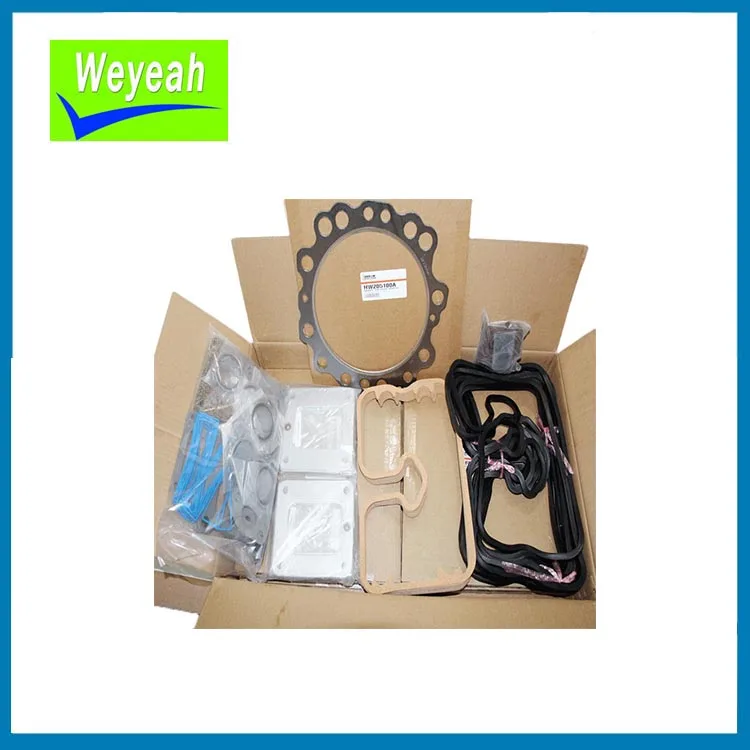Hello there! As a fellow enthusiast or a professional in the power plant gas engine industry, we all know that keeping these machines running smoothly is key. Gas engines can face various issues that might disrupt their performance, causing concerns for both operators and maintenance teams. In this article, we'll delve into some common problems you might encounter, how to recognize them, and how to tackle them effectively. Let's get started!
1. Worn Spark Plugs:
Spark plugs are the ignition source for your gas engine. Over time, they can become dirty, worn, or misfiring. Symptoms include rough idling, reduced fuel efficiency, and engine hesitation. Regularly checking and cleaning or replacing spark plugs can prevent bigger issues from arising. A mechanic's advice is crucial here, as they can help determine the best type and��ʱ����.
2. Clogged Fuel Filters:
Fuel filters prevent debris from entering the engine, but they can clog, leading to reduced fuel flow. If you notice a drop in power or engine performance, inspect the filter. Clean or replace it as needed, following the manufacturer's recommendations. A clean fuel system ensures your engine runs efficiently.
3. Valve Problems:
Valves control the intake and exhaust of gases, and issues like sticking or damaged valves can cause engine misfires, poor acceleration, or excessive noise. Regular valve checks during maintenance can catch these issues early. Valve adjustments or replacements may be necessary, depending on the severity.
4. Cooling System Malfunctions:
Gas engines generate heat, and a faulty cooling system can lead to overheating. Symptoms include temperature gauges rising, coolant leaks, or steam coming from the hood. Inspect the radiator, water pump, and hoses for signs of damage. Regular coolant flushes and inspections can prevent costly repairs.
5. Wear and Tear on Bearings:
Bearings support moving parts, like pistons and crankshafts. Excessive wear can cause vibrations and noisy operation. Listen for unusual sounds and check oil for metal shavings, which indicate bearing failure. Timely replacement is essential to prevent engine damage.

6. Exhaust System Issues:
A damaged or clogged exhaust system affects emissions and engine performance. Rust, cracks, or missing components can lead to reduced power and increased backpressure. Keep an eye out for signs of damage and have a professional inspect and repair the system if needed.
7. Lubrication and Oil Problems:
Lubrication is vital for engine health. https://www.weyeahmotor.com , contaminated oil, or worn oil seals can cause friction and premature wear. Check oil regularly, change it according to the manufacturer's schedule, and address any leaks promptly.
By being aware of these common gas engine part issues, you can proactively maintain your power plant equipment and minimize downtime. Regular maintenance, timely inspections, and addressing issues as they arise will ensure your gas engine stays reliable and efficient. Remember, prevention is always better than cure, so don't hesitate to reach out to experts for guidance when needed. Happy engine maintenance!
